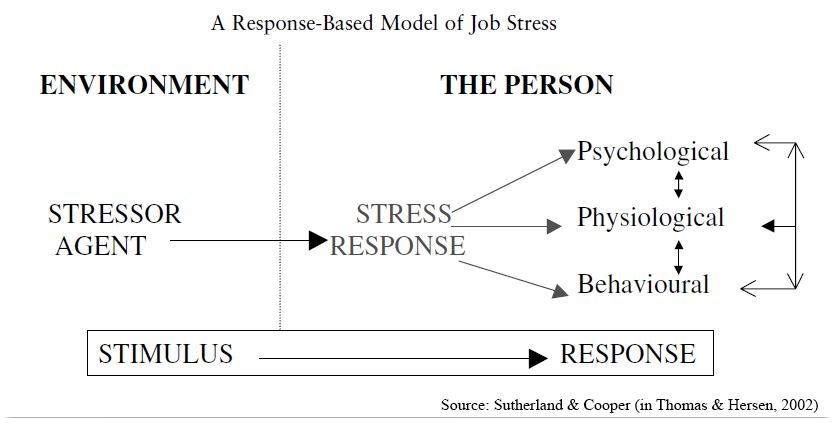Stress-Response Strategy to Build Resilience
Stress is a part of life, an experience that affects us all. Understanding the complexities of stress is crucial for developing resilience in the face of life's challenges. In this blog post, we'll delve into the Stress-Response Model, exploring both the physiological and psychological aspects of stress. Moreover, we'll provide insights into how you can modulate your stress responses to build better resilience.
2/17/20242 min read


I. Understanding Stress
Physiological Aspects of Stress
Our body's stress response system is a precisely tuned mechanism designed to prepare us for threats. In the initial "fight or flight" response, stress hormones such as cortisol and adrenaline flood our system, mobilising energy and heightening alertness. However, chronic stress can wreak havoc on various bodily systems, impacting the nervous, cardiovascular, and immune systems.
Psychological Aspects of Stress
Stress also significantly influences our thoughts, emotions, and behaviours. Cognitive responses, such as perception and appraisal, play a pivotal role. Emotional responses vary widely, and stress often appears in behaviours that reflect the psychological toll it takes.
II. The Stress-Response Model
Detailed Exploration
The Stress-Response Model provides a comprehensive framework for understanding how we respond to stress. It contains three phases:
Alarm Phase: This is the initial reaction to stressors, activating the body's defence mechanisms.
Resistance Phase: During this phase, we cope with and adapt to ongoing stress. Our body strives to maintain balance.
Exhaustion Phase: Long-term exposure to stress can lead to exhaustion, weakening our physical and mental well-being.
Role of Individual Differences
Not everyone responds to stress in the same way. Genetic and environmental factors contribute to the variability in stress responses. Recognising these differences is crucial for tailoring resilience-building strategies.
III. Modulating Stress Responses
Building Awareness
The first step in managing stress is building awareness. Recognising stressors and understanding how they impact us is essential. Developing mindfulness and self-awareness creates a foundation for effective stress modulation.
Physiological Interventions
Regular exercise, adequate sleep, and proper nutrition are essential for resilience. Exercise helps burn off excess energy and promotes the release of endorphins, the body's natural stress relievers. Quality sleep is vital for stress recovery, while a well-balanced diet provides the nutrients needed for optimal physiological functioning.
Psychological Strategies
Cognitive-behavioural techniques offer practical tools for managing stress. By challenging negative thought patterns, changing the narrative and adopting healthier behaviours, you can reshape your response to stress. Building emotional intelligence enables better understanding and regulation of emotions, fostering resilience. Additionally, developing a strong social support network contributes significantly to stress management.
Final Thoughts…
In navigating the complexities of stress, understanding the Stress-Response Model is a valuable compass. By understanding the physiological and psychological aspects of stress and implementing personalised strategies for stress regulation, you can enhance your resilience. This journey is not one-size-fits-all; it requires self-discovery and an ongoing commitment to well-being. As you embark on this exploration, revisit this blog often to find the tools and insights needed to navigate stress and emerge stronger on the other side.
References:
Sutherland, V. J., & Cooper, C. L. (2002). Models of Job Stress. In Thomas, J.C., & Hersen, M. (Eds), Handbook of mental health in the workplace (p. 36). Sage Publications.
📩 Subscribe to our newsletter
© 2024 Phenom Leap Education |


Quick links
PROGRAMS
CONNECT
